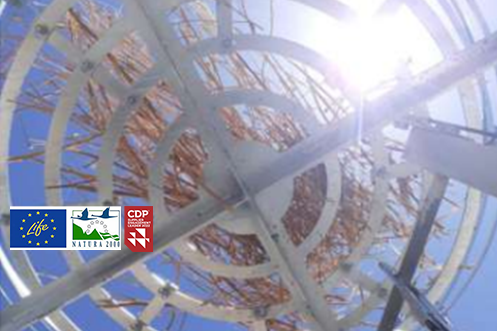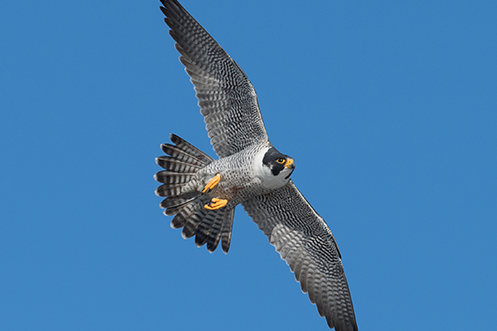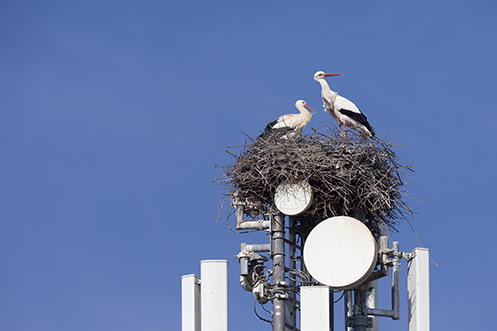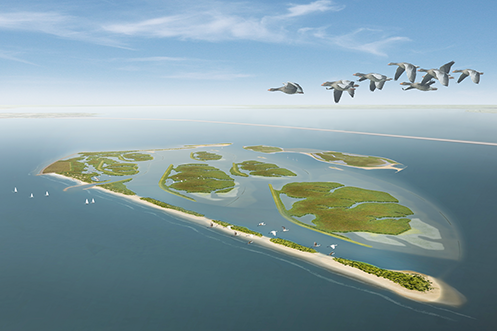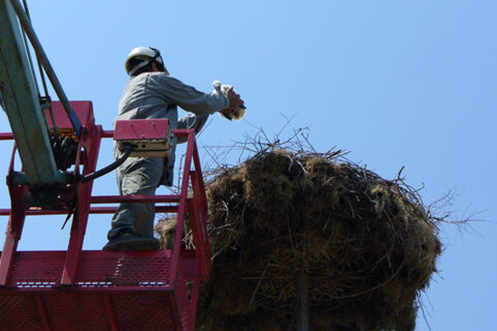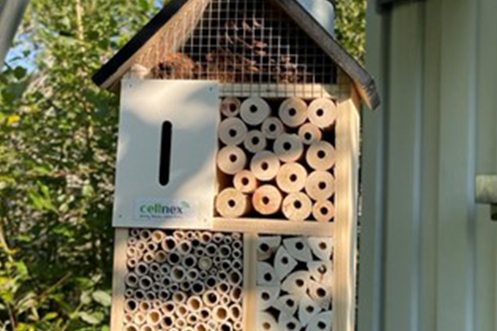The Marker Wadden project aims to create an archipelago in the middle of Markermeer, a 700 km2 lake in the centre of the country, to transform it into a unique nature reserve where new flora and fauna can develop on the ground and under water.
Cellnex has provided a wireless connection infrastructure for the connectivity project, which will allow data to be collected from sensors (IoT) and other intelligent systems.
This connectivity will make it easier for researchers to discover, monitor and preserve this new natural ecosystem.



















